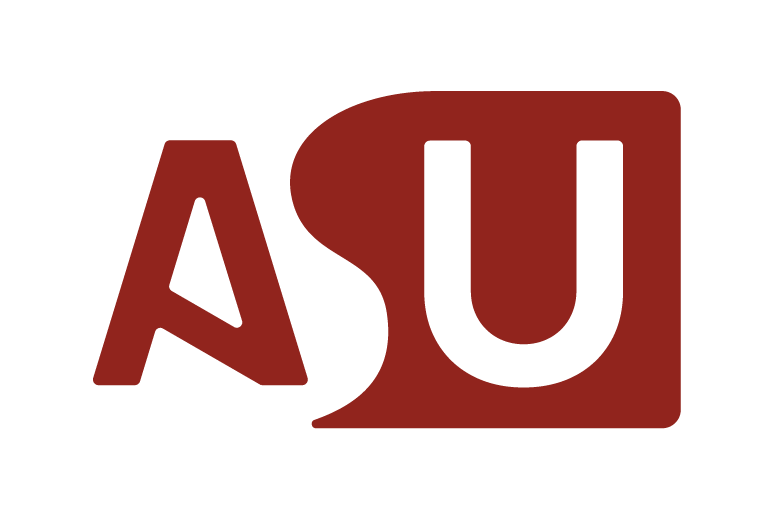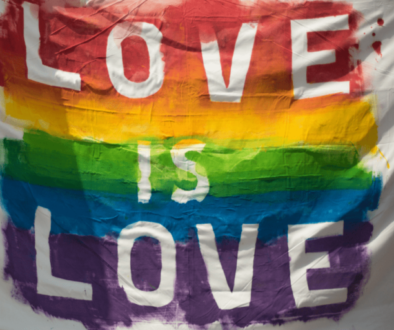Climate Change and Conflicts in Lake Chad Basin
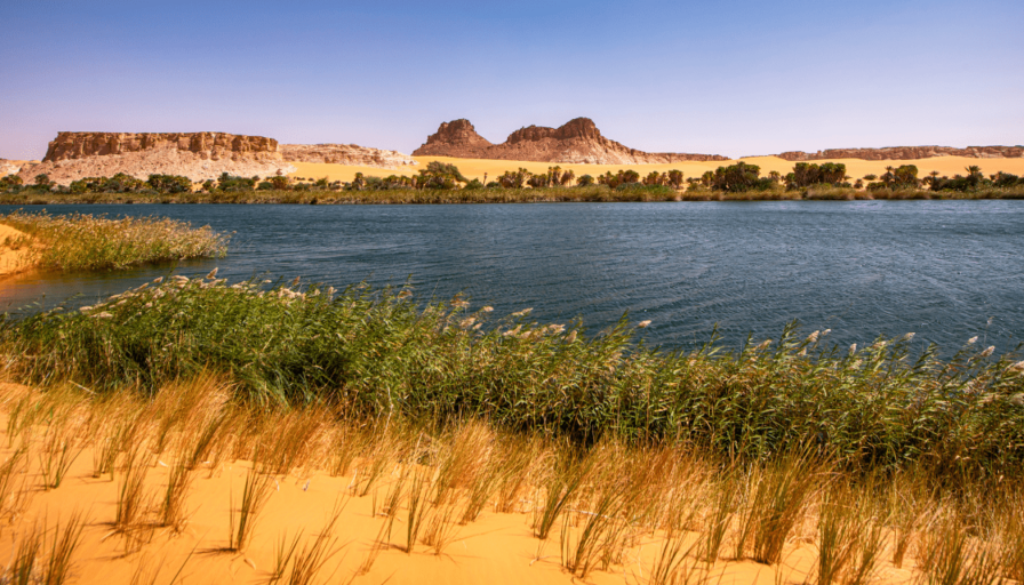
Lake Chad was once one of the largest lakes in Africa. In the 1960s, its area was about 26,000 square kilometers, making it bigger than the area of Israel or Rwanda. Since the 60s, the lake has shrunk by 90 % due to climate change.
Rising temperatures, decreasing precipitation and droughts are outputs of the on-going climate crisis. They caused an ecological catastrophe, which will impact the lives of more than 30 million people living in Lake Chad Basin. We are already seeing some outcomes – food and water insecurity, conflicts or climate migration.
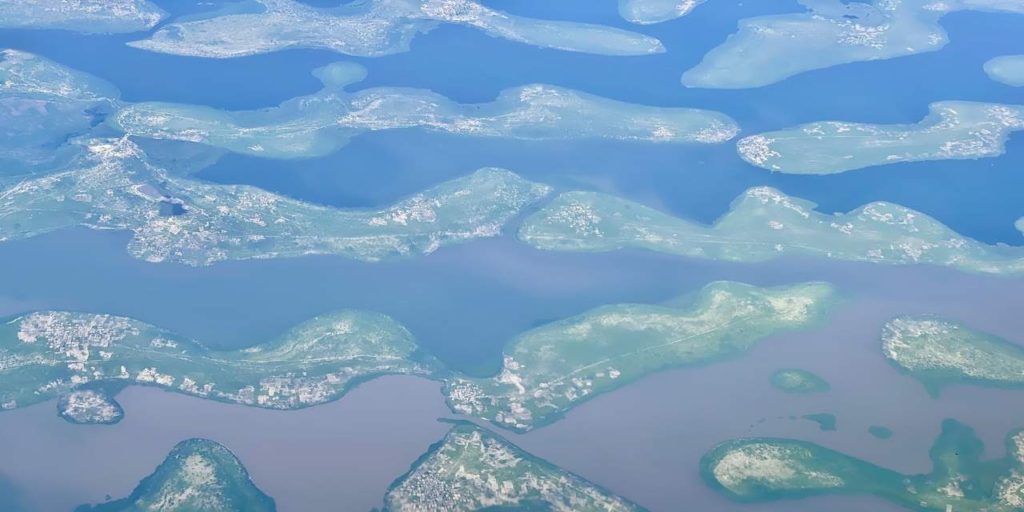
Need of humanitarian assistance
10,5 million people living in Lake Chad Basin are currently in need of humanitarian assistance. They experience poverty, food, and water insecurity, and malnourishment. Attacks from local terrorist groups and other conflicts are not an exception.
Drying lake lowers the numbers of fish, which are essential for the population in terms of economy and livelihood. Water unavailability and the need for other basic necessities produces conflicts between communities. Political stability is threatened. Countries are fighting over ownership of the lake, arguing about the borders or history.
In June 2021, there were reported 28 incidents resulting in 96 deaths. Terrorist groups attack aid facilities, kidnap and kill humanitarian workers and civilians. The motive is clear – control of the remaining water.
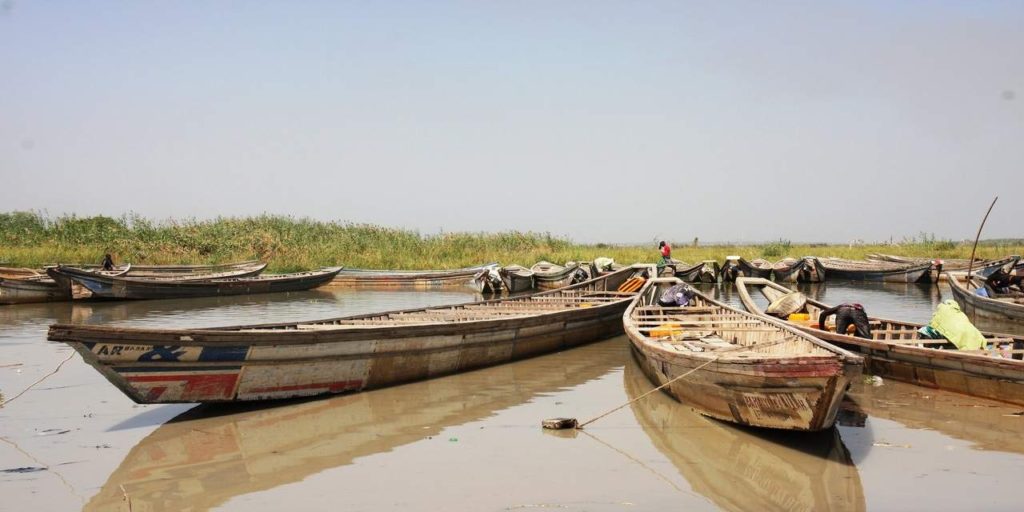
Climate migration
The crisis resulted in the displacement of around 2,3 million people. The majority has nowhere to go. Some try to move to cities, but most of them can’t afford it. In the future, their only option could be fleeing the continent itself, starting a climate migration. Inability to survive in their homelands will force them to move to more moderate climates. This phenomenon is happening even now. By the end of 2020, 55 million people across the world had to change homes due to the impacts of climate change.
One of the current “solutions” of the migration are camps. Forkoloum camp is home to about 50,000 displaced inhabitants of Lake Chad Basin. Many of them state that the reason why they fled were terrorist groups. Boko Haram is the biggest one in the region – they attack the villages, kill innocent people and kidnap children.
The Lake Chad Basin’s governments are facing countless problems. Fighting with terrorists, supporting families in poverty and finding a way to reverse drying of Lake Chad – all require a high number of finances. Unfortunately, it’s impossible for them to obtain such amounts. The on-going pandemic of COVID-19 didn’t help the situation any better.

How to help
Humanitarian organizations are helping those in need, despite the current dangerous situation. They provide food, water, medical care and other basic necessities. Affected countries also received financial help from international donors, but it’s not enough to recover and fight with the current struggles.
What can you do to help? Educate your friends and talk about the problem. You can also make a donation to the organizations which support the affected countries, like the UN’s World Food Programme or Médecins Sans Frontières.
Article written by: Katarína Chudá
